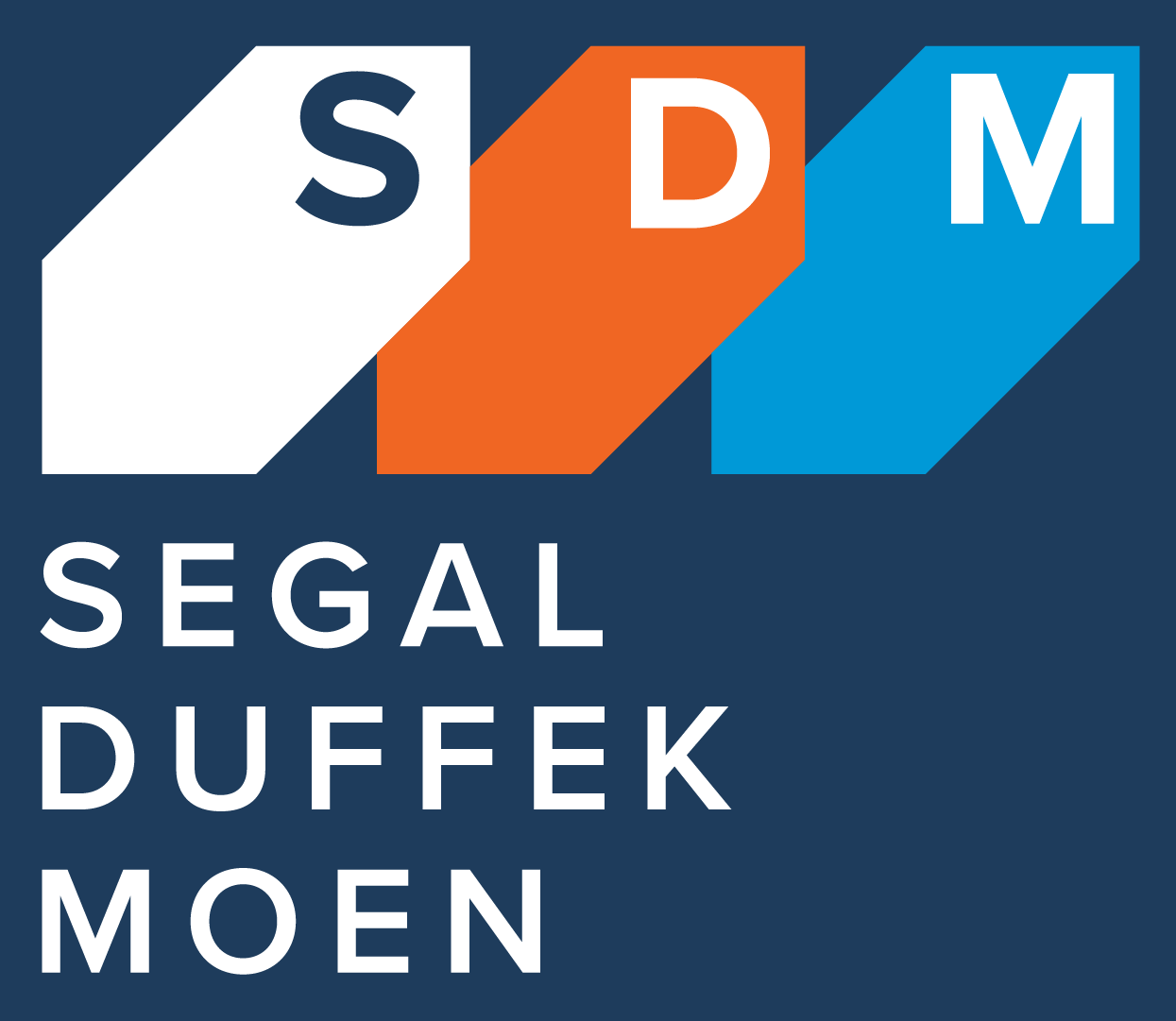Nobody likes it when problems arise. We all want to get along, but disagreements–often large ones–are a fact of life, and knowing the best ways to deal with them effectively will keep you on the track to achieving your goals and dreams.
When personal or business disputes rise to the level of getting legal professionals involved, it can often be a tremendously stressful and even life-derailing process: the thought of taking an issue to court would raise anxiety in just about anybody. But with Alternative Dispute Resolution (ADR), you can keep your disputes out of the courtroom and get on with life more quickly and with less overwhelming stress.
The two most common forms of Alternative Dispute Resolution are mediation and arbitration, but what do those terms mean? What are they, when are they used, and what are the benefits of each?
Mediation: Coming to an agreement together
Mediation is often the “peaceful” resolution to a process that all parties want in an ideal world. The process of mediation involves bringing the disputing parties together to discuss their issues, work through the problem, and come to a mutually agreed-upon solution that leaves everyone feeling respected and heard.
Where mediation differs from informal “just working it out” talking is in the presence of the mediator. A mediator is a neutral third-party professional who guides both disputing parties through the discussion process: this includes helping each party lay out the facts of the issue; agree to the process, scope, and boundaries of the mediation (such as when and where it will happen and who can be present); and calmly work through the conflict to come to a voluntary, mutual agreement.
As a professional, the mediator themself does not pass judgment or hand down decisions on how to proceed–in mediation, any agreements or solutions are decided upon by the parties themselves. However, the mediator does help maintain confidentiality and lay out the agreement into a formal, legally binding contract for each party to sign at the end of the mediation process.
Arbitration: 3rd-party decision making
Arbitration is similar to mediation in many ways: in both ADR methods, disputing parties are brought together with a neutral third-party professional to discuss the issues at hand calmly and confidentially, and leave with a legal agreement as to how to proceed to resolve the issue. While both mediation and arbitration can look and feel quite similar on paper, in practice they differ drastically in the mechanisms of control.
The most important way that arbitration is different from mediation is in the role of the neutral third party. While a mediator has no control over the outcome and works to facilitate agreement between two disputing parties, an arbitrator is granted the authority to set how the discussions will occur and–importantly–makes the final decision at the end of the process. Functionally serving as a judge outside the courtroom, the arbitrator’s job is to define the scope of the discussions, listen to each side’s facts, feelings, and desired outcomes, and pass judgment at the end to hopefully resolve the conflict.
Alternative Dispute Resolution keeps you out of court
Both mediation and arbitration have their places as Alternative Dispute Resolution processes. Mediation is great for parties capable of amicably resolving a conflict, but may need guidance or prefer their resolution to be legally binding. Arbitration is great for when disputing parties may be too far apart, dug-in, or hostile to come to a voluntary agreement themselves, but still want to keep their legal issue out of the courtroom.
If you’re looking to resolve a personal or professional legal dispute without resorting to unnecessary courtroom drama, Alternative Dispute Resolution options such as mediation and arbitration may be right for you, and Segal Duffek Moen is here to help. For advice on resolving conflicts using these often less-stressful methods, contact Segal Duffek Moen at 952-358-7400 or by emailing Info@Segal Duffek Moen.com.

